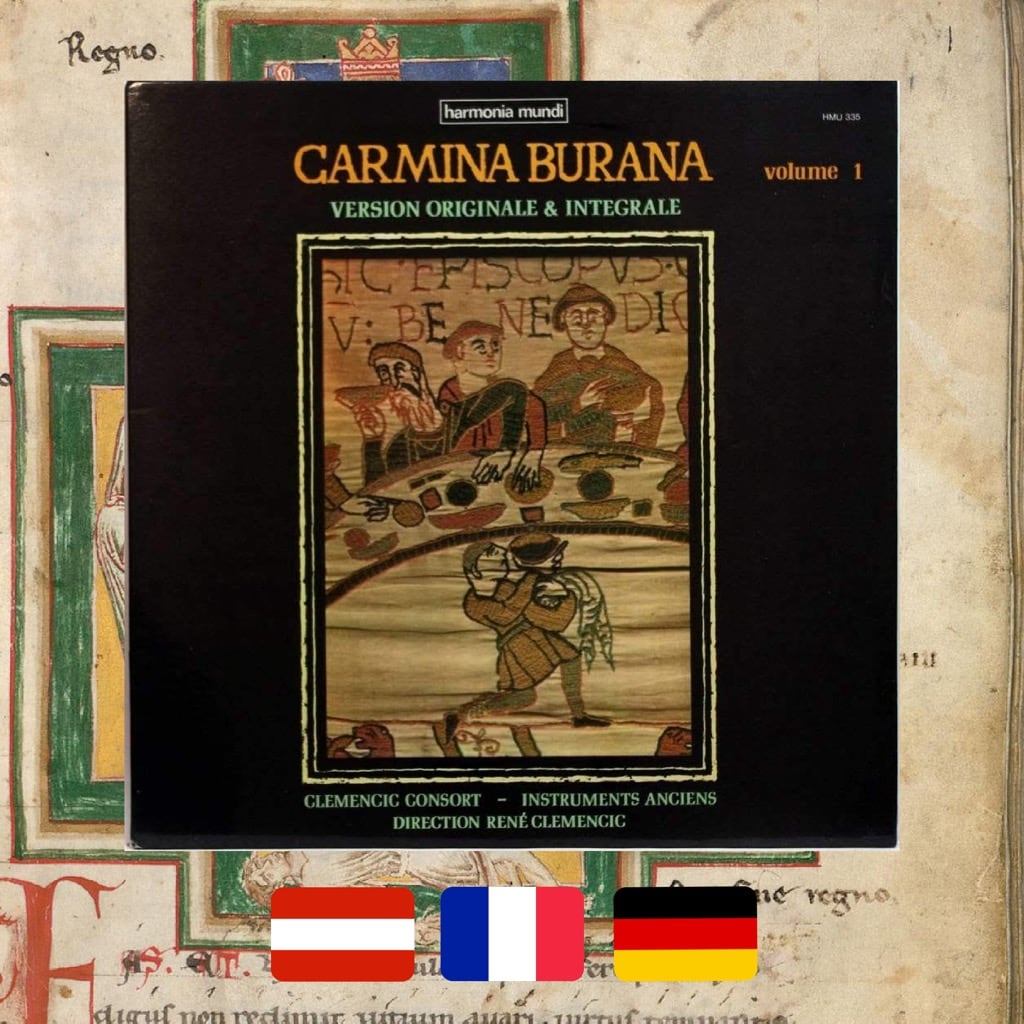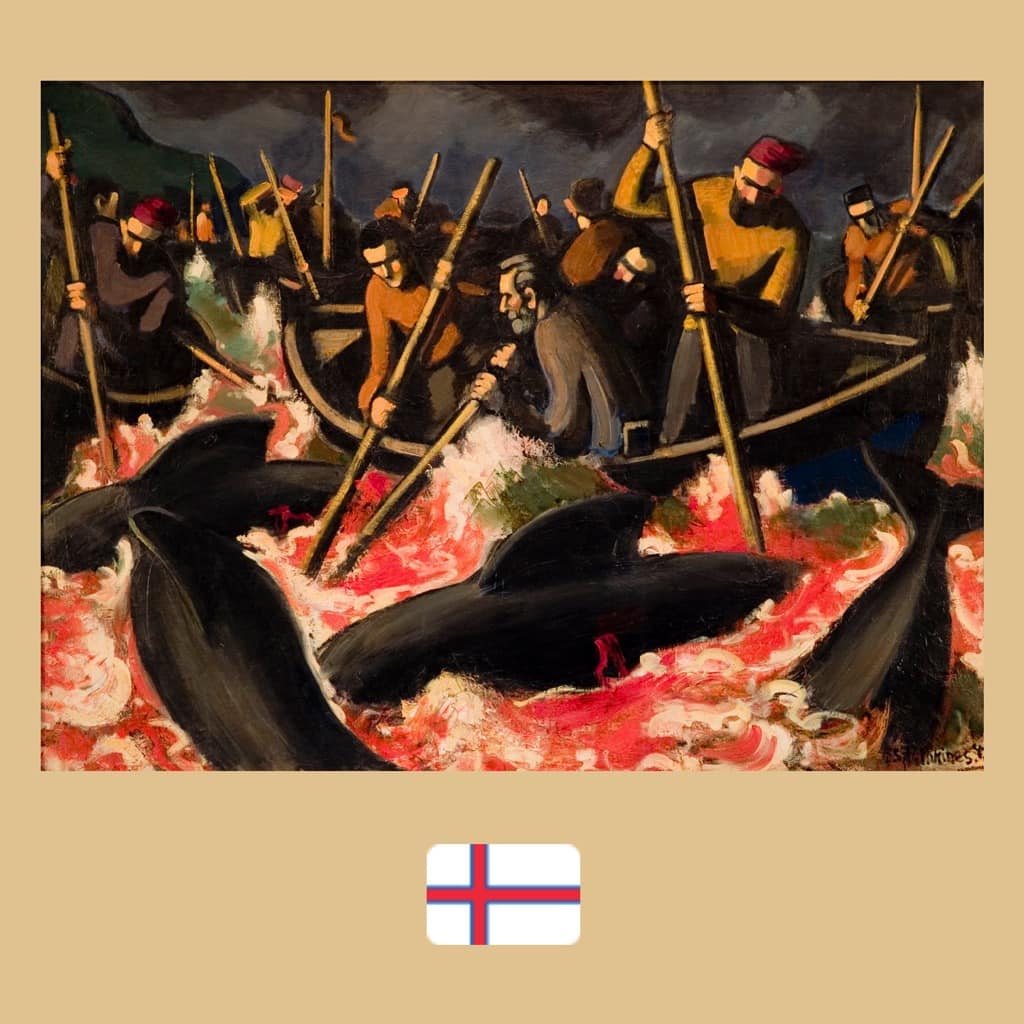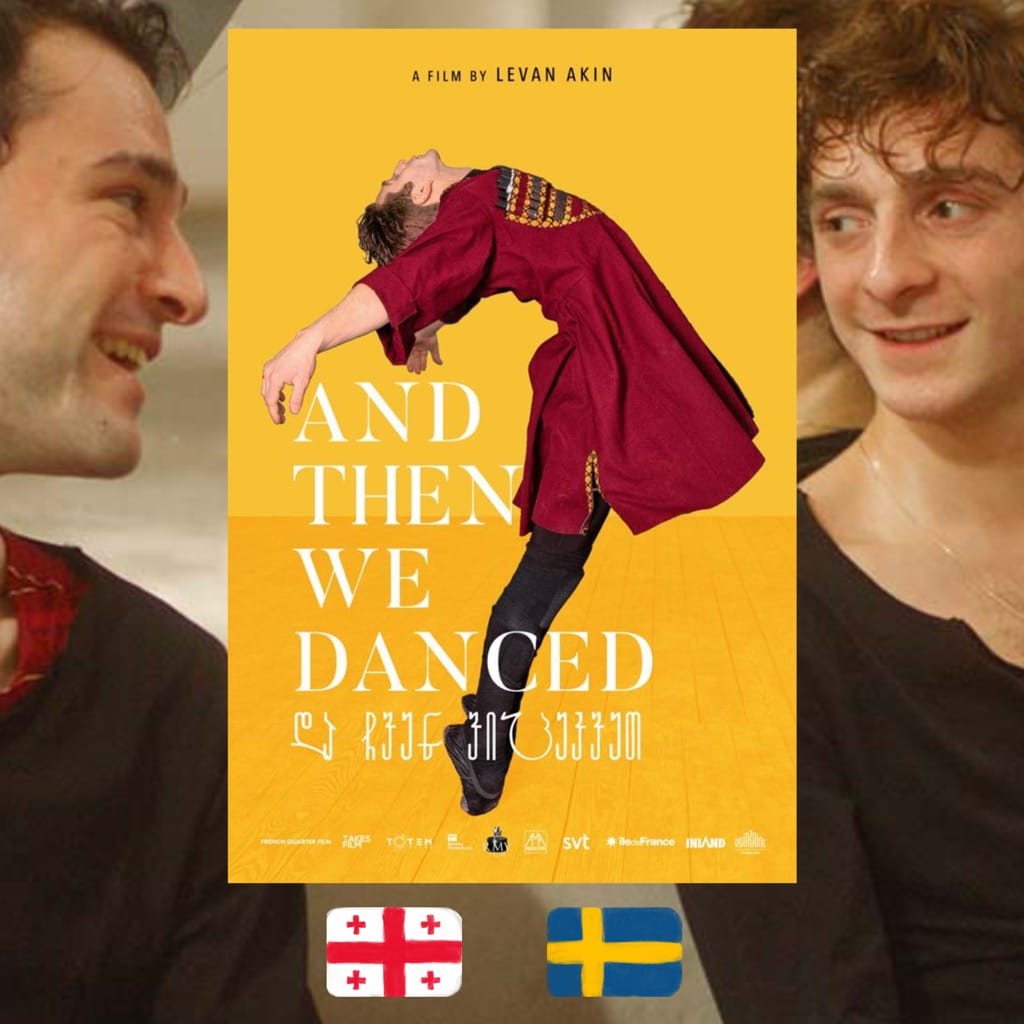Based on a screenplay by Roddy Doyle, this film is as relevant as ever in the times of COVID economy and focuses on the hidden homelessness where families with kids are left without shelter
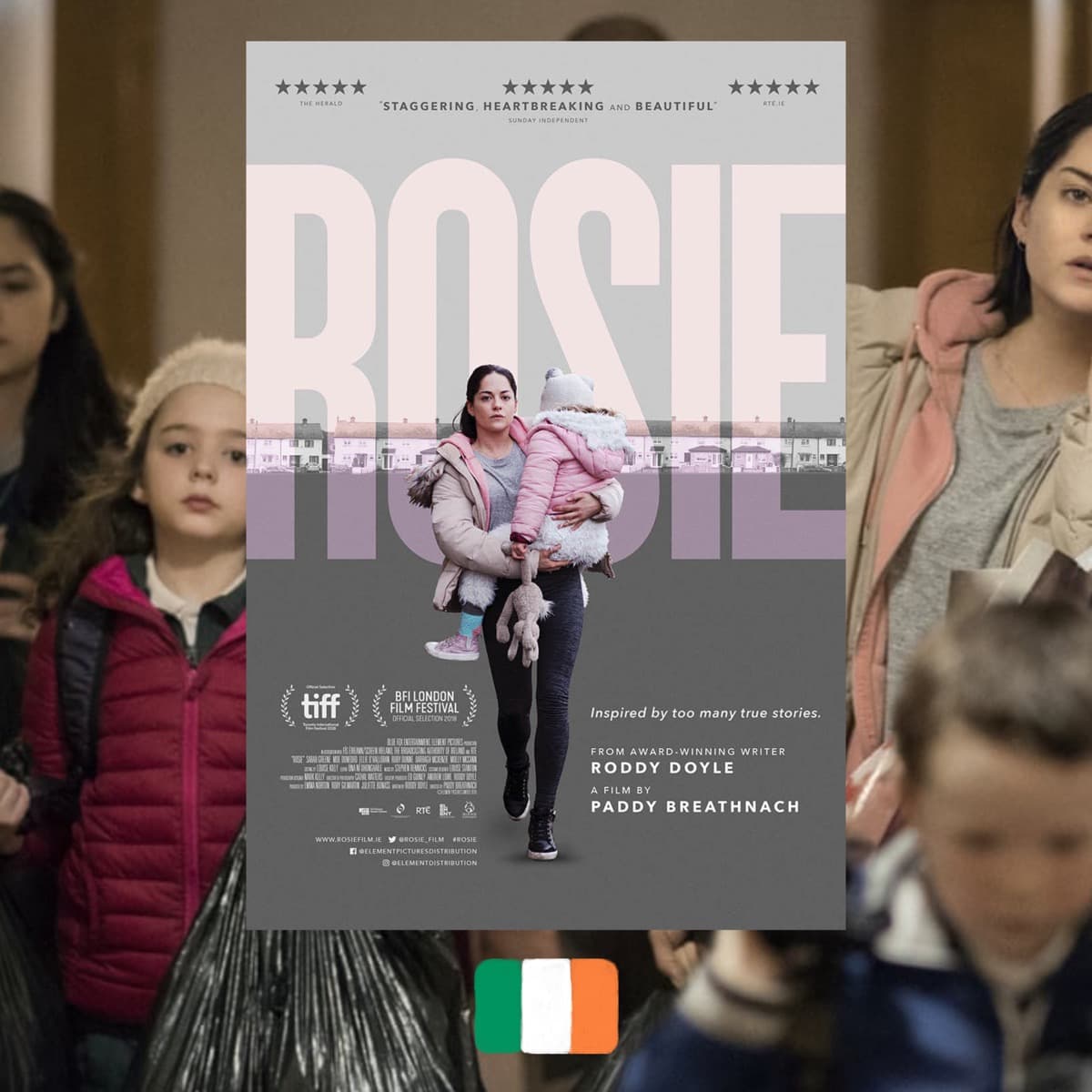

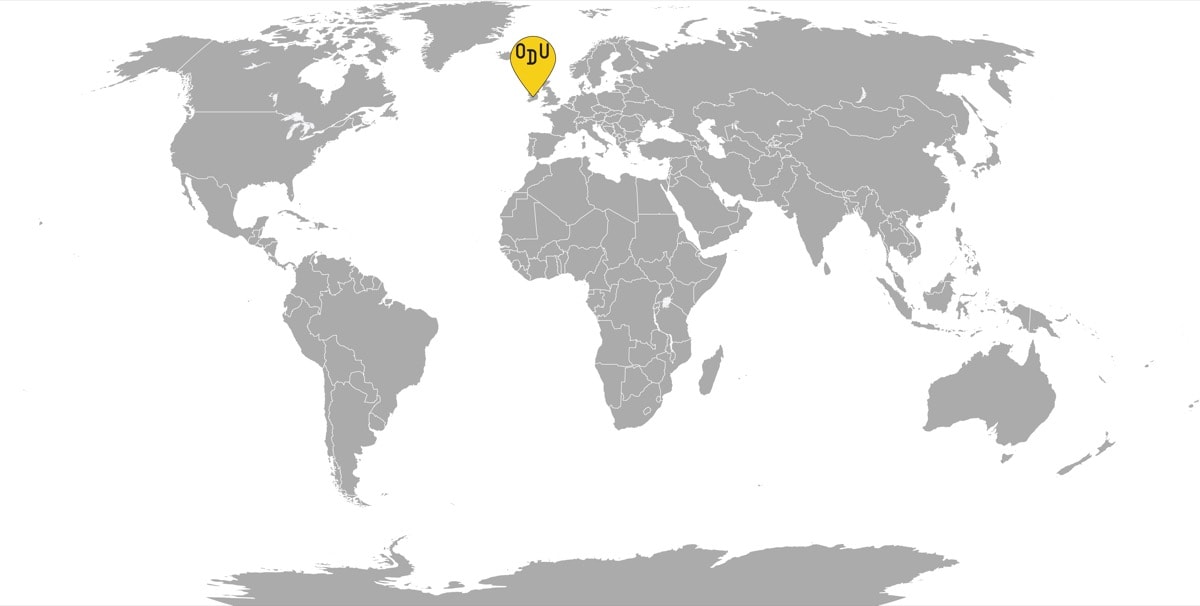
FROM IRELAND
WHAT IT’S ABOUT: Rosie Davis and her husband John Paul, are an ordinary Irish couple. John Paul is a line cook at a fancy restaurant, Rosie a stay at home mom taking care of sulking teen Kayleigh, introverted Millie, overenergetic Alfie, and the preschooler Madison whose well-being relies on whether she has her trusty stuffed rabbit Peachy by her side. But things for the Davis family are not peachy at all: the landlord of the house they lived in has decided to sell, and they haven’t been able to find a new accommodation they can afford yet. So as John Paul leaves for work, it remains to Rosie to haul her older three children off to school and then look for a new home and find the family a room for the night, while also juggling all the homemaker’s regular chores, operating out of a car. Set over the course of just a bit over 24 hours, “Rosie” is a tense drama that offers an immersive look into the widespread but hidden issue of family homelessness in Western countries.
WHO MADE IT: Paddy Breathnach is an award-winning Irish filmmaker whose work is diverse and plentiful. He first came to prominence with his Dublin-based crime comedy “I Went Down,” followed it with a couple more offbeat comedies, then made some imaginative horror films and explored the lives of drag artists on Cuba. “Rosie” brought Breathnach back to his home soil to reflect the rising homelessness in Ireland.
The screenplay was written by Roddy Doyle, the Irish novelist who won the Booker Prize in 1993 for his book on an Irish childhood in the 60s “Paddy Clarke Ha Ha Ha.” He has an extensive biography as a novelist, dramaturgist, and screenwriter, most of his works focusing on working-class Irelanders, so “Rosie” was a perfect fit.
Another talented Irishman on the crew is Stephen Rennicks, the composer who is best known for his soundtracks to “The Room,” “Frank,” and “Normal People.”
The cinematographer, Cathal Watters, had previously collaborated with Breathnach on “Viva” and has been in charge of some breathtaking cinematography in “Peaky Blinders” and “The Alienist,” while the editor, Úna Ní Dhonghaíle, is known for work on “The Crown.”
Some of the producers include Oscar-nominated producer Ed Guiney, as well as his colleagues from working on “The Room” and Yorgos Lanthimos’s “The Lobster, Emma Norton, Andrew Lowe, and Rory Gilmartin (only “The Lobster”).
Sarah Greene, who plays Rosie, is best known for her roles in “Penny Dreadful” and on “Normal People”, and Moe Dunford, who plays John Paul, was part of the cast for “Vikings” and “The Tudors”. The four children all made their film debuts with “Rosie”, but have since developed their careers. And Greene, Dunford, and Ellie O’Halloran, who plays Kayleigh, have repeatedly appeared together in the recent TV adaptation of Tana French’s novels “Dublin Murders”.
WHY DO WE CARE: Homelessness, as ubiquitous as it is, does not get enough screen time. And when you do see homeless people on screen, it’s usually a lonely down-on-their-luck person having to sleep rough or trying to make it in a tent camp. And while it’s a vital subject, too, what we don’t get to talk about too often are the situations in which economic conditions under capitalism leave whole families in the streets. Many children are left with no prospects for a roof over their heads, as their parents struggle to survive, while also feeling inadequate for not providing the bare minimums of a good upbringing.
Even before the COVID-19, family homelessness was a widespread issue in Western countries. Specifically, Ireland has had a remarkable rise in homelessness in the aftermath of the housing bubble bursting in 2008, with incomes dwindling and the shortage of rental properties driving the prices sky-high. Austerity measures, lack of housing, and opportunities were terrible enough, and the neoliberal government’s response to the rising crises has also proven to be disastrous as they refused to extend social housing programs, rent control, and anti-eviction measures. The coronavirus has forced them to make some concessions from the usual politics in healthcare and worker compensation. Still, the situation with homelessness—as pretty much elsewhere, where housing is not guaranteed—has become even bleaker.
“Rosie” allows to look into the precarity and complexity of having nowhere to go for the night when you’re a family with small children, and shows, poignantly and vividly, the maddening logistics of such a set-up, which rob the children of a normal childhood, and the parents of ability and sanity.
WHY YOU NEED TO WATCH: A claustrophobic film, “Rosie” shows well the main problem with being poor: it costs a lot. Because in addition to the rents that barely anyone can afford, there are many hidden costs that a disorganized living incurs and the hidden opportunity costs that can easily absorb a person’s whole day. It might seem pretty straightforward that in one given day, the most Rosie has to do is look for a room in a hotel, attempt househunting, keep an eye on the kids when they’re not in school, and provide some bare minimums of care, like food, clean laundry, hygiene, and sleep. However, problems inadvertently pile up: fans of Lady Gaga come to Dublin and occupy all the hotel rooms, Millie is sick and has difficulties at school, Kayleigh goes missing, Alfie is restless, and Madison constantly needs to use the toilet, which, when you live out of your car, becomes an arduous task rather than something simple. The invisible labor of a homemaker is put on steroids as Rosie has to juggle every little thing, while also tethered to the phone, with every hotel in Dublin and the council housing authority on the line every minute of the day. It’s nerve-wracking just watching her, and yet, millions of women worldwide have to live like this each day, indefinitely.
But “Rosie” is remarkable not only for starkly portraying the material conditions of family homelessness but also for how it shows the stabs at dignity that having to be in the streets with the little ones brings to the parents. Rosie and John Paul are both doting parents. However, it’s impossible for them not to start doubting themselves. Rosie actively runs away from the principle at Millie and Alfie’s school because talking with her truthfully might bring up deficiencies in Rosie’s parenting. John Paul feels emasculated at a house showing when asked by a clueless real estate agent whether he really thinks the house in question would fit six people. Meanwhile, navigating their relationships with friends and family also doesn’t come easy to the couple, as the thin line between preserving independence, asking for help, and trying not to abuse goodwill becomes blurred and treacherous.
Very tightly woven and full of tenderness to its characters, “Rosie” is very accessible as a narrative and makes for an easy, subtle watch. However, the subject matter within it isn’t easy at all. The film leaves the viewer with quiet devastation within, especially because the actors’ powerful performances are all so affecting. Sarah Greene is unbelievable as she portrays a woman who is one little thing from coming apart; Moe Dunford’s John Paul is a loving husband who wants to be a rock to his family while quietly disintegrating; and the kids are a striking ensemble cast that offers a complex, rounded view of the family’s dynamics. A must watch at any time, “Rosie” is an especially crucial film today, as the fallout of the COVID-pandemic ravages the housing markets and financial stability for the working class further. Such homeless families as the Davises multiply day after day, invisible to the casual observer yet excruciatingly real, and floundering.
Rosie, 2018
Director: Paddy Breathnach
For more content like this sign up for our weekly newsletter
WATCH THE TRAILER



